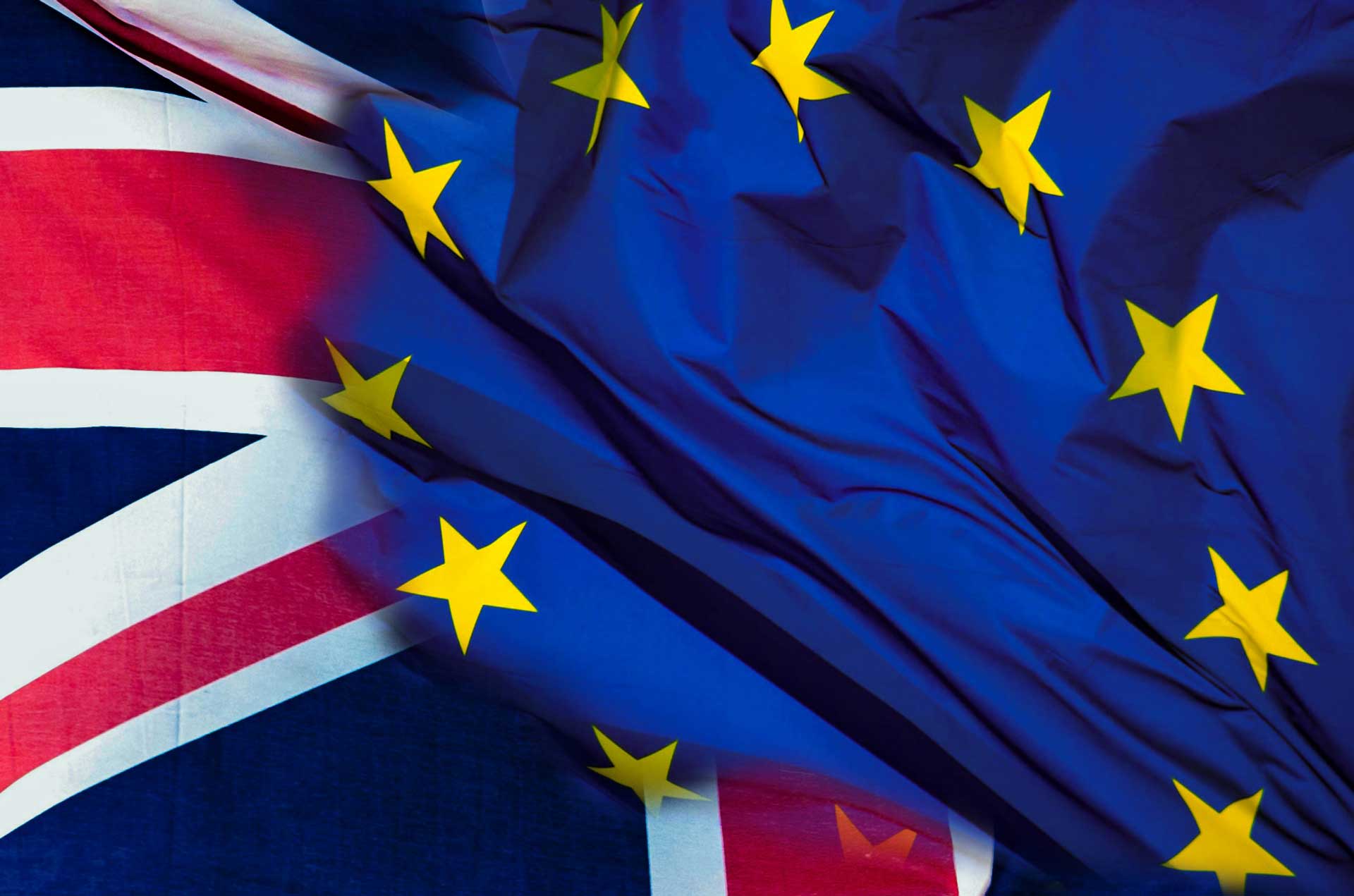Deal or No Deal – in the game show you either accept the offer or stay in the game.
If you wish to sell a house you either do a deal or you stay in your house – no deal.
In every situation if you don’t do the deal you stay put.
Brexit claims to be different. ‘No deal’ means that we give away the house and hope it will never rain.
Worse, with no deal we still might pay – by ‘walking away’ Britain could face international challenge for payments of already accepted financial commitments.
Why should the Brexit end game be different from selling the house?
Like ‘Brexit means Brexit’, ‘no deal Brexit’ has no definition of what it means. It is just the latest in a long line of catchphrases which somehow keep Brexit alive. Despite the obvious reality check.
The reality is dire: At the time of writing this column the Cabinet agreed to pay the ‘divorce bill’ of 40 billion Euros to secure a trade deal, the Chancellor is making provisions for huge Brexit cost, the EU has moved the European Medicines Agency and the European Banking Authority from London to Amsterdam and Paris and David Davis will be dropped into Brussels by RAF plane.
His urgency is well placed: on December 6, EU ambassadors will conclude if the UK has made sufficient progress on Northern Ireland, on EU and UK citizens residing in other countries and if the UK is prepared to accept past financial commitments.
If there is no progress, business will assume the worst and will act accordingly.
Business needs to know what is on offer but we are kept in the dark: the government is refusing even to publish its own papers on the impact of Brexit. The claim that publishing would weaken UK negotiations only proves that the impact must be very bad indeed. (If the impact was positive the UK negotiation position would have been stronger not weaker.)
The faith in the success of trade negotiations is also misplaced. The faith seems to be based on the assumptions that ‘they’ need us more than we need them because the UK shows a trade deficit with the EU.
By that logic the US negotiating position with China would be one of the strength. It’s exactly the opposite – the recent Trump’s visit to Asia highlighted how weak the US position is.
The dynamic of EU trade is heavily stacked against the UK: 54% of UK exports (by value) are delivered to other European trade partners; 21% goes to Asia and 17% to North America. From the top 10 UK trading partners only America ($60.4 billion) and China (US $18 billion) are not from Europe. The rest are European nations (US $182 billion – 2016 figures). We are three times as dependent on EU trade than we are on the US trade.
For the EU countries the dependence on the UK trade is not as critical; even for Germany the UK trade is only 7.1% of her total. France is the same. 20 EU countries (out of 27) export less than 7% of their trade to the UK. Only Ireland ships more than 10% to the UK.
For imports of goods the situation is similar: only Ireland has the UK as number one import partner (32%). Only for Cyprus and Malta is the UK among the top three (2nd place for Cyprus, 3rd place for Malta).
The interdependence of the EU countries plays much bigger role in their trade. France’s trade with Germany is twice of the UK. For France, the UK is behind the US and Italy.
The dynamic of the trade negotiations will reflect that and is therefore heavily against the UK. ‘The future’ Brexit success in trade negotiations might end up the same way as the previous pledges of a promised land – as nothing. The EU will not compromise its single market.
That is not a political decision. It’s money driven. For Poland, the UK is the second biggest trading partner after Germany. Even with that we cannot rely on Polish support. Poland’s trade with Germany is 27% of all of her exports ($53 billion). UK is second, but only with $13 billion (6.6%). Four times as little. If you had to choose which one would you want to keep? $53 billion or $13 billion?
The most improbable ‘future trade promise’ is the claim that we will replace the EU trade by trading with the rest of the world. James Dyson argues for Brexit for that reason. But his company provides a powerful evidence that we do not need to leave the EU to do that: Dyson’s latest profit increase of 41% is mainly in Asia.
Dyson, a Brexiteer, provides the proof that if we were able to offer something extra to the ‘rest of the world’ we would have been already doing it – the EU is not hindering us.
No deal staying is indeed better than a bad deal. To decide which deal is better we need to evaluate the options. I have long argued for a cost-benefit analysis of a future UK position with various scenarios developed for various cases.
We now know that we will pay to leave. When David Davis parachutes into Brussels from his RAF plane he should ask Monsieur Barnier: what will I get if I pay nothing, £20 billion, £40 billion, … ? He can then present the options to Parliament and let MPs decide.
Leaving the EU will cost us. Far from the initial promises that we will be better off outside. No deal, staying in the EU, might be the cheapest option. We need to know.
Ask your local MP to release the Brexit Impact Studies.
Get in touch with your local European Movement to find out the cost of leaving, use Lincolnshire Reporter for discussion.
Be involved! – we have only a few months to decide what’s best for us.






